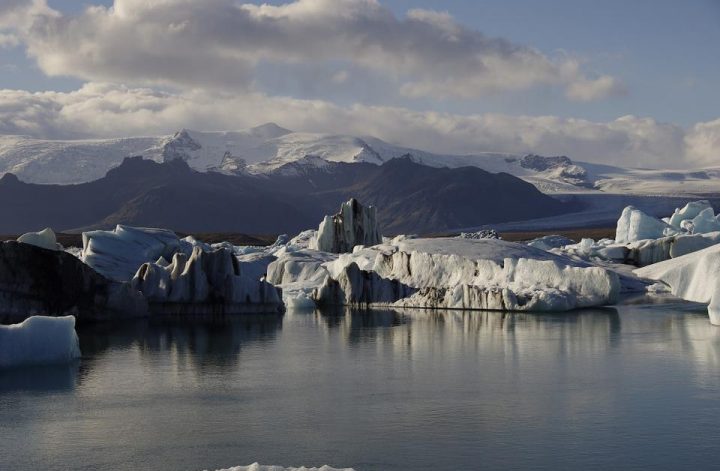Introduction
WtE: Waste to Energy – a way of recovering energy
Waste to Energy Technique: Waste to energy term is also known as energy from waste. It is the technique of producing energy from the initial treatment of trash.
Waste to Energy Forms: The energy is produced in the form of electricity. The heat is produced as result of waste combustion. Another way is transforming trash into combustible fuel products including synthetic fuels, ethanol, methanol, and methane.
Refused Derived Fuel: This fuel is generated from wastes produced by commercial, industrial as well municipal sources.
Industrial Waste: Industrial process generates industrial waste that involves discarded materials such as solvents, scrap metals, concrete, gravel, dirt, cafeteria garbage, etc.
Commercial Waste: It is generated from recreational, trading, entertaining facilities, etc. Industrial and household waste is not included in commercial waste.
Municipal Solid Waste: It includes everyday discarded items. The waste composition involves bottles, newspaper, paint, batteries, appliances, etc.
Also check out: 10 Ways to Eradicate Solid Waste – Methods of Reducing Waste
Methods of Waste to Energy Process
There are many methods by which energy is recovered from waste. The difference among the methods is based on waste composition. The key method is incineration. Other waste to energy operations are as follows,
Thermal Methods
Pyrolysis: This process generates chars and bio oil-combustible tar.
Thermal depolymerization: It generates unrefined crude oil.
Gasification: It generates combustible gas and synfuel.
Plasma Gasification Process: It generates syngas used for fuel cells.
Non-thermal Methods
Anaerobic digestion: It generates Biogas mainly methane.
Fermentation: It generates lactic acid, ethanol, and hydrogen
Mechanical Biological Treatment: This treatment involves anaerobic digestion and refused derived fuel.
You might also wish to read: Waste to Energy Plants Can Curb Pakistan’s Electricity Crisis
Solid Waste Production in Pakistan
In Pakistan, every year 48.5 million tonnes of solid waste is being generated and the rate of waste production is growing up to 2% every year. The country lacks landfill sites for waste disposal. The biggest cities of Pakistan suffer from pollution caused by heaps of waste.
Also check out: Improper Management of Solid Waste in Pakistan and Its Effects
Economical and Environmental Benefits of WtE Business
There are many economical and environmental advantages of waste to the energy business.
The waste-to-energy process reduces the volume of waste. The need for more landfill sites will not be necessary. It is based on renewable energy sources so energy shortage can be overcome by the Waste to Energy method. A case study of MSW in Karachi indicated revenue generation of up to 401.3 million rupees each year by using waste to energy technologies.
The waste-to-energy technique is considered environmentally friendly. There will be reduced emission of greenhouse gases from dumping sites. Metals recycling will keep natural reserves from getting polluted with leachate. Soil pollution can be avoided by implementing waste to the energy businesses.
Also read: How Pakistan Is Handling Plastic Waste and Pollution?
Conclusion
In an energy deficit country like Pakistan, waste to energy business can turn out to be fruitful. The energy crisis is a common issue in Pakistan and there is an immense need to develop strategies related to waste management in order to deal with increasing environmental pollution.
Recommendation
Pakistan should encourage the waste to energy business because it is a renewable energy source. This will reduce the waste burden as well boost the economy of the country. Waste to energy business has the potential to meet the energy demands of the country.
Also check out: The Rise of Solar Energy in Pakistan
I hope you all liked this post! Please comment below if you have any suggestions, comments, or feedback! We at #envpk love hearing from our readers! Thanks!




